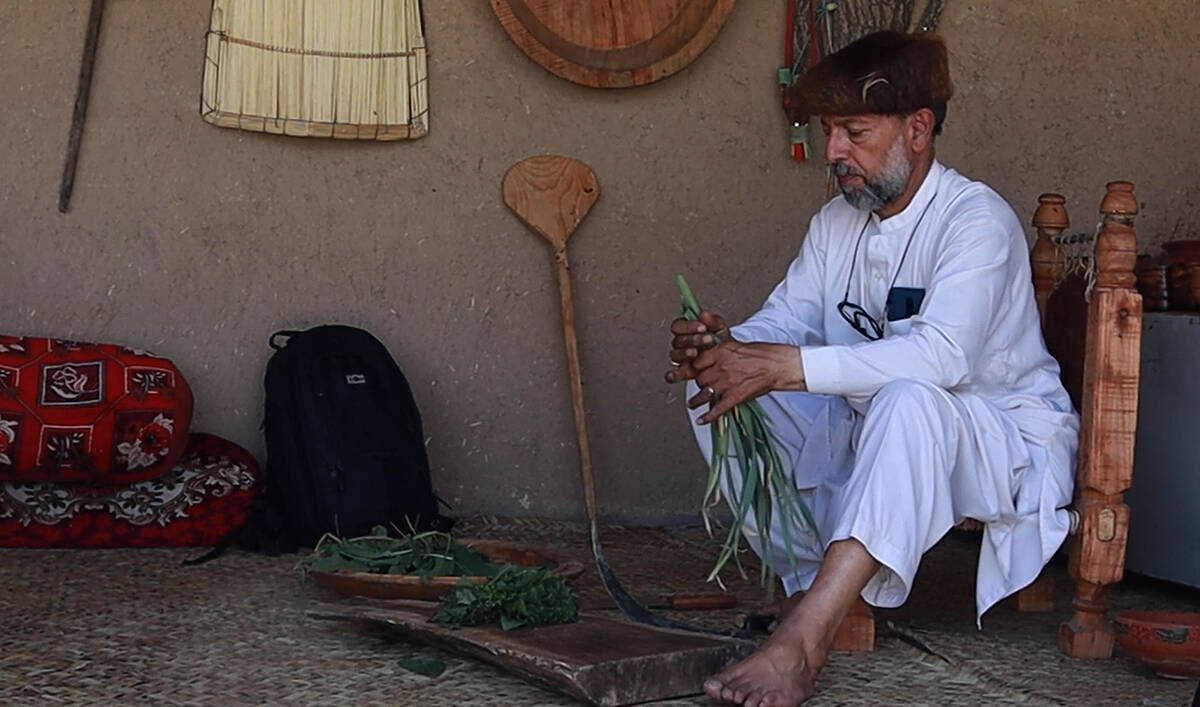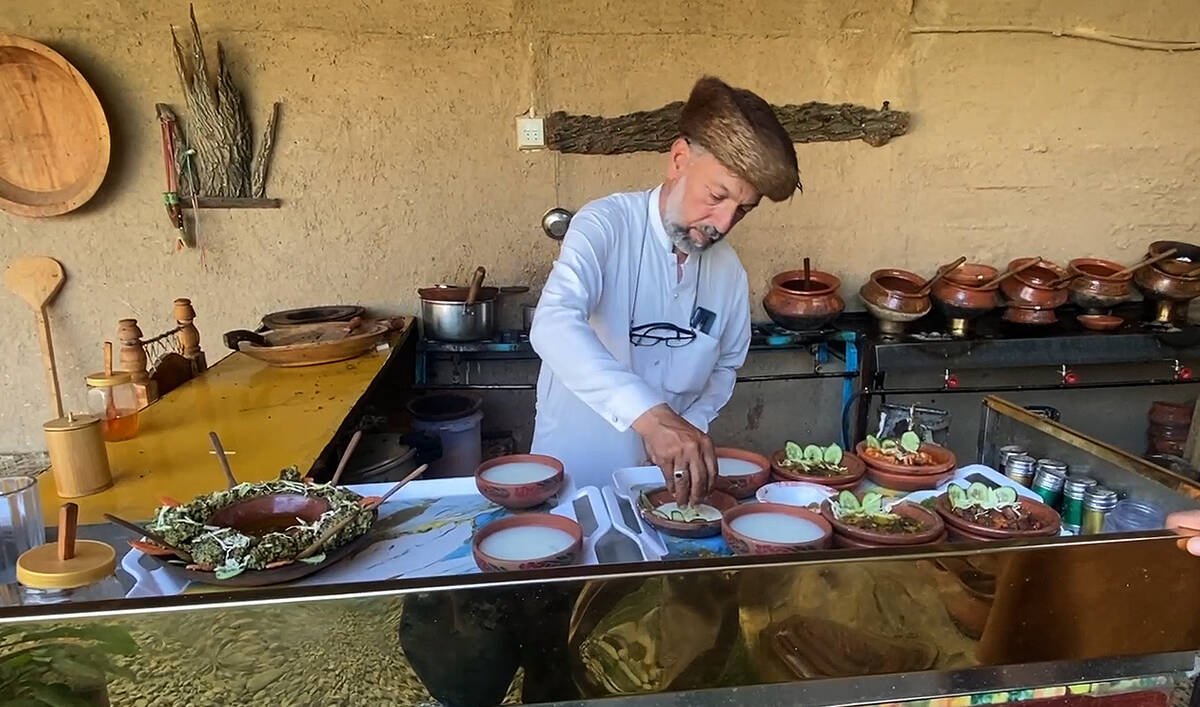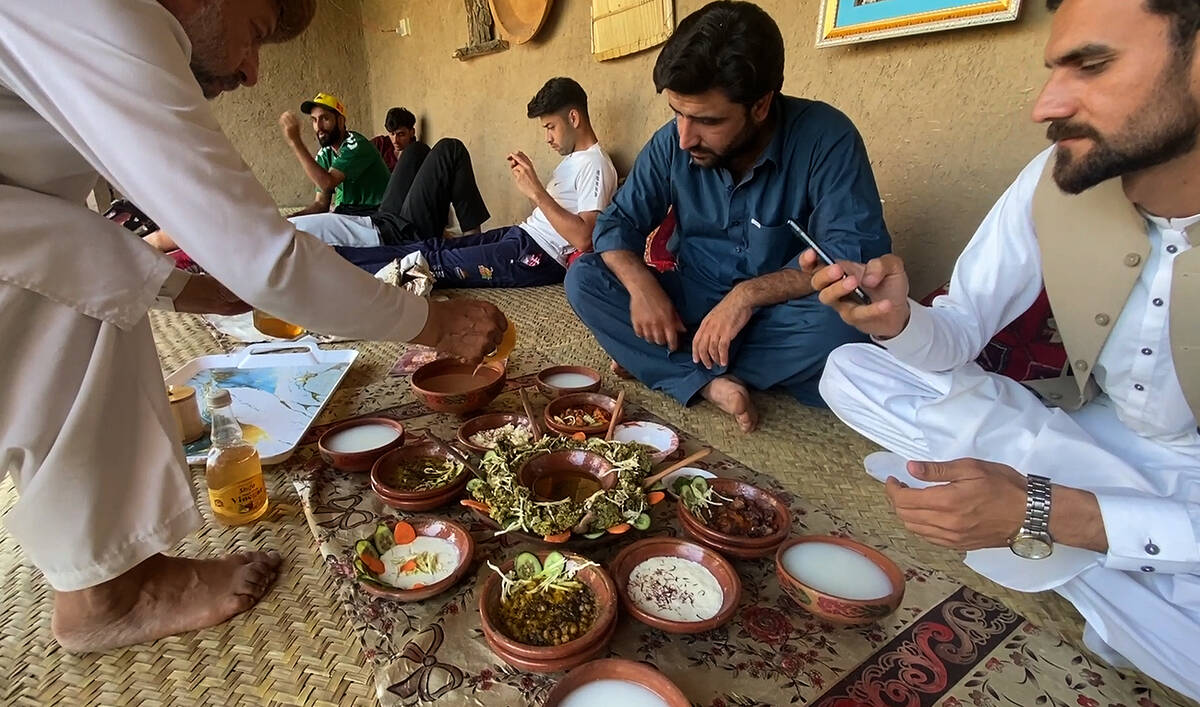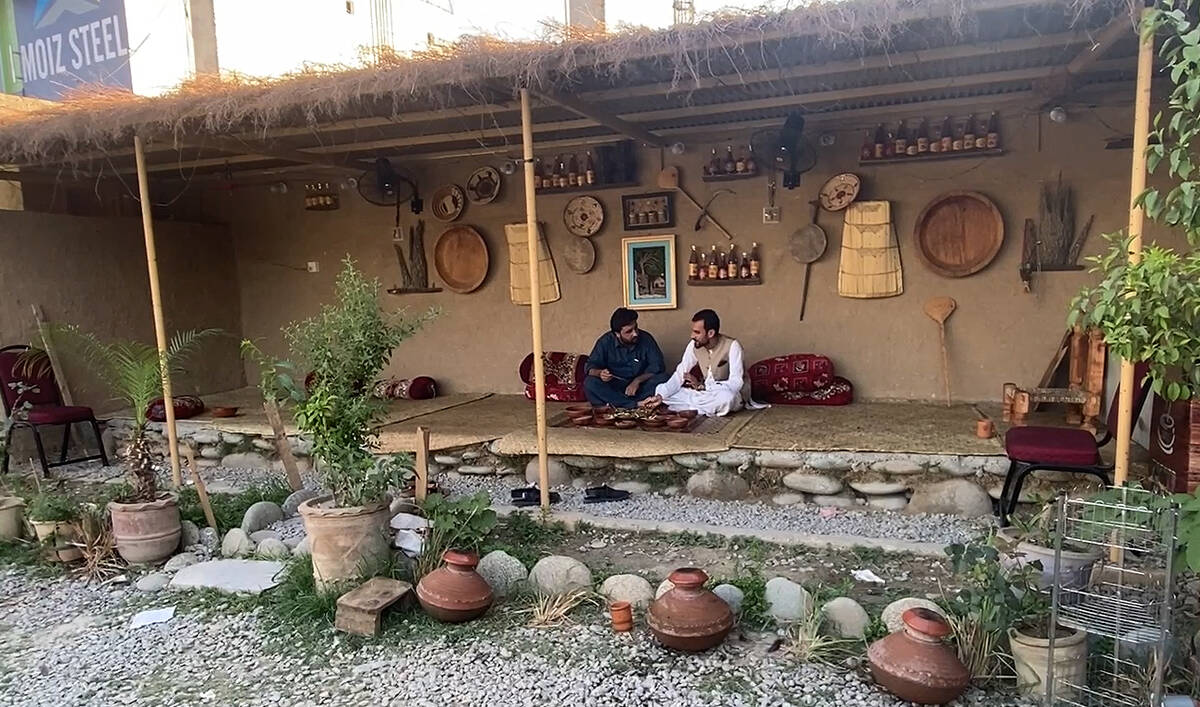ISLAMABAD: Pakistan’s Prime Minister Shehbaz Sharif on Tuesday called on the world to provide his country additional financial aid, not loans, to build a resilient and adaptive infrastructure as Pakistan reels from the damages of catastrophic floods that have killed over 1,700 this year.
Sharif concluded his three-day trip to Egypt on Tuesday, where he attended the Sharm El-Sheikh Climate Implementation Summit at the United Nations Climate Change Conference (COP-27). During his visit to Sharm El-Sheikh, he participated in several high-level events, held bilateral meetings with counterparts from other states and heads of multilateral institutions.
His high-powered delegation comprised of ministers for foreign affairs, climate change, information and other high officials.
At the climate summit, Sharif co-chaired, together with the Norwegian prime minister, a high-level roundtable discussion on ‘Climate Change and the sustainability of vulnerable communities.’ He attended the “Middle East Green Initiative Summit” hosted by Saudi Arabia’s Crown Prince and Prime Minister Mohammed bin Salman.
Sharif also participated in a breakfast event that was co-hosted by the German chancellor and president of Ghana. He also delivered the national statement at the climate summit.
“This COP rings an alarm bell for humanity but it is the only platform where the survival of the human race as a goal still holds promise,” Sharif said in his national statement at the COP-27 summit.
He said COP-27 was a forum for vulnerable countries to take their case to the rich and those with resources to build a common purpose for justice, carbon neutrality and a roadmap to crucial policy reset.
He said this was needed in a world that was burning up faster than its capacity for recovery.
“We have to fight and rebuild a resilient and adaptive infrastructure which can only be done through additional funding, not loans and debt as further debts would be a financial death trap,” he said.
But the gap was widening by the day, he said, adding that it was the duty of the global community to understand the plight of his country.
He urged countries gathered in Egypt to boost their efforts to tackle climate change or risk more devastation in the future and presented a set of priorities to mitigate the adverse impact of climate change.
“First, the global goal on adaptation needs to be prioritized both in terms of financing and timelines as we are yet to see the promised 50:50 balance in adaptation and mitigation finance,” he said, adding that the current financing gap was too high to sustain any real recovery needs of those on the frontlines of climate catastrophe.
Secondly, he said the loss and damage needed to be part of the core agenda of COP-27 to meet pressing humanitarian needs of those who were trapped in a crisis of public financing fueled by debt and yet have to fund climate disasters on their own.
“Thirdly, climate finance must be clearly defined as new, additional and sustained resources with a transparent mechanism that meets the needs of developing and vulnerable countries with the speed and scale that is required,” he said, adding that there should now be total clarity on what actually counts as climate transfers, and what counts as development finance.
He also highlighted that the pledges made at the Copenhagen COP-15 in 2009 for mobilizing $100 billion per annum by 2020 had still not been realized.
“Fourth, a Global Climate Risk Index of all parties of the UNFCCC must be created under the auspices of the UN system and the projects from the most vulnerable countries on this Index must get prioritized and speedy approvals for climate finance,” he said.
“Fifth, mitigation ambition needs to be revived in a clear burden-share formula”. Sharif said, adding that unless there was a transformational shift in the flow of capacities, finances, and technology that reverses the pyramid of climate capital, the bargain between the North and the South parts of the world would not work.
“It is now or never. For us there is indeed no Planet B,” the premier added.






















